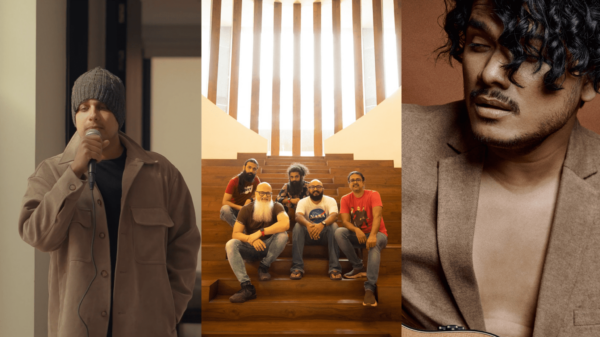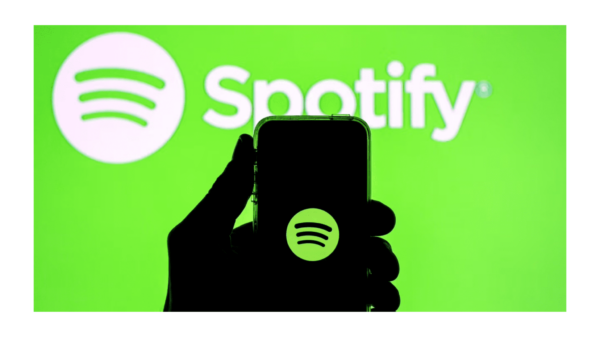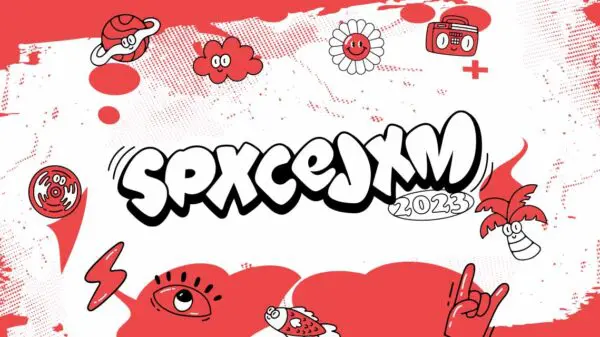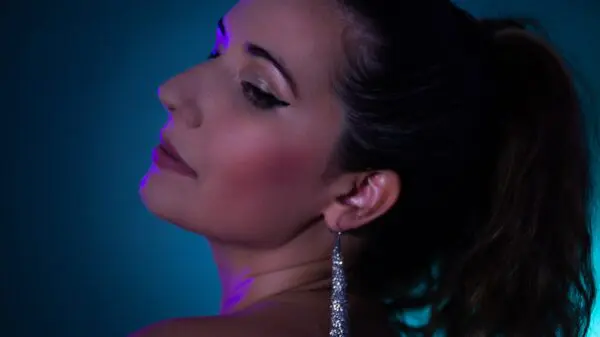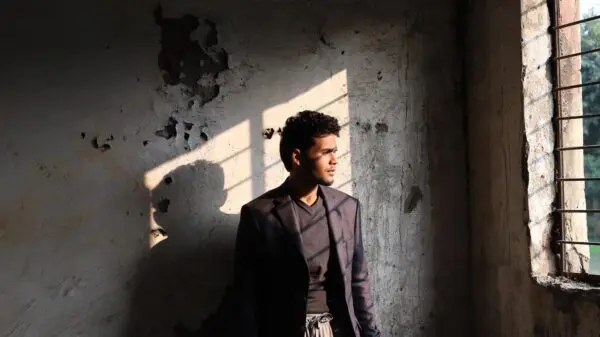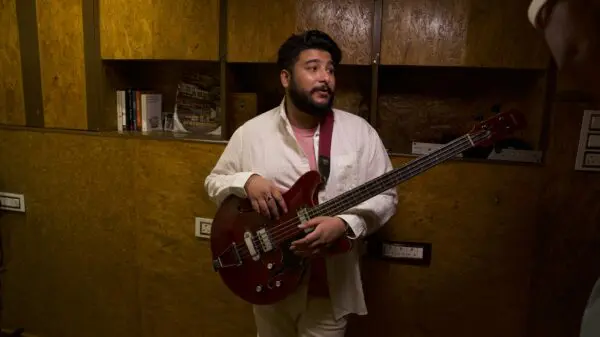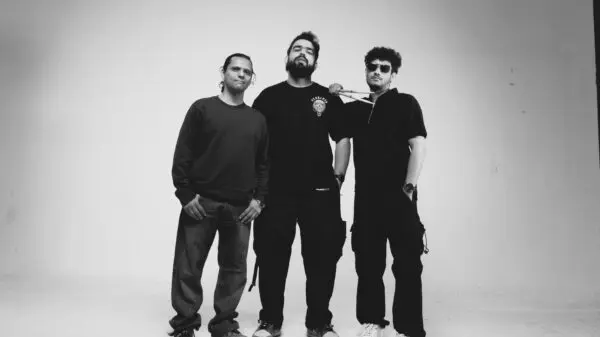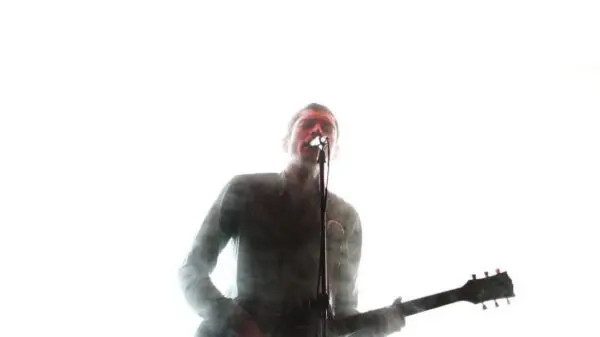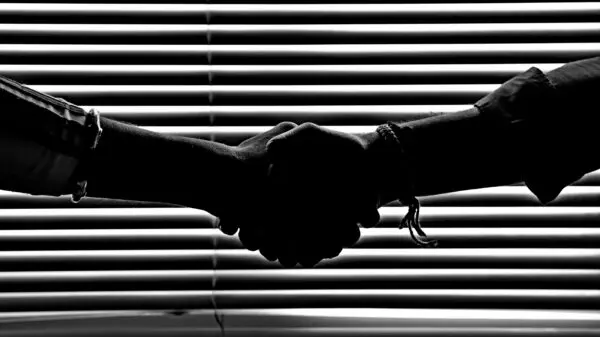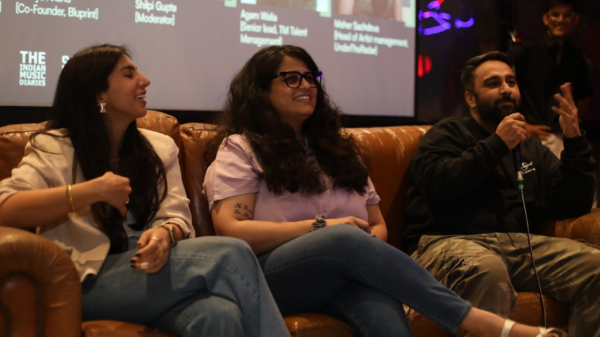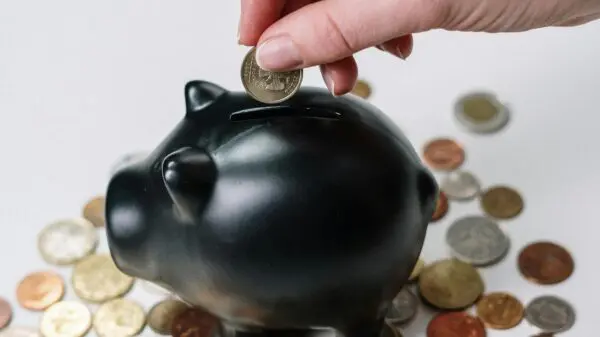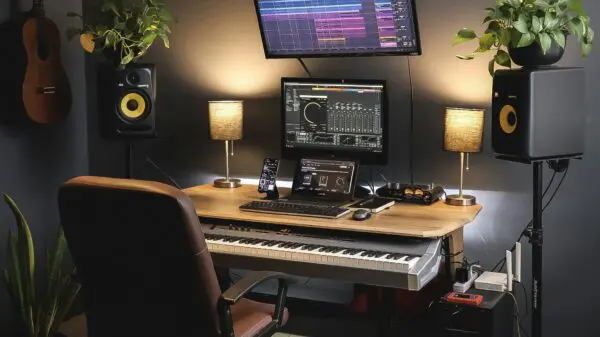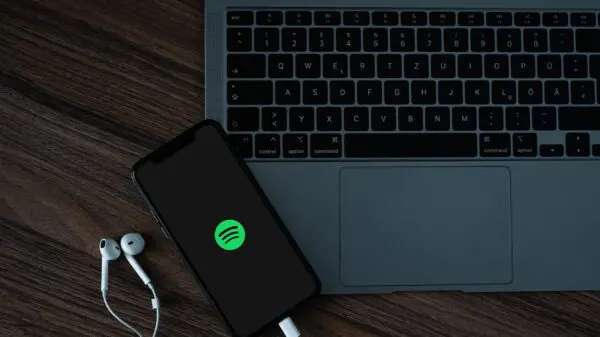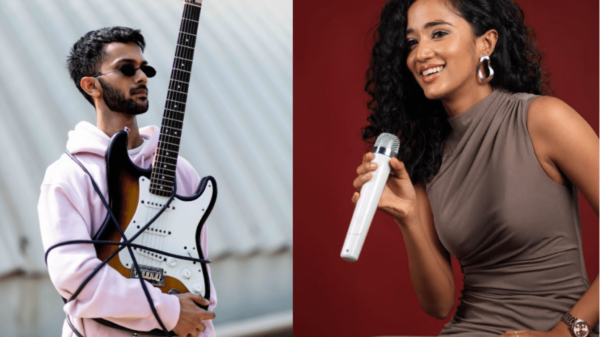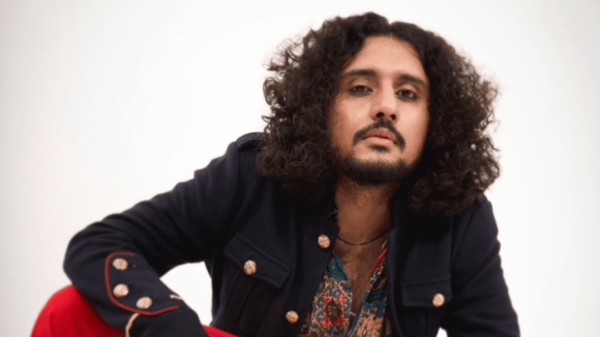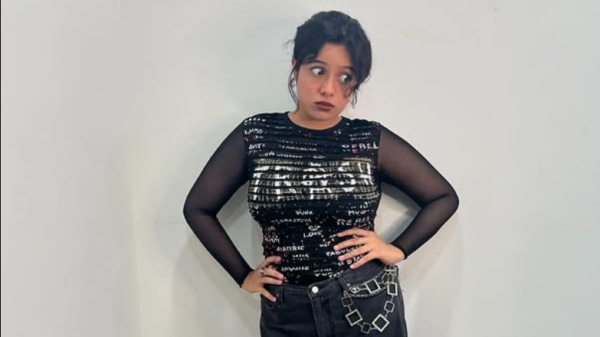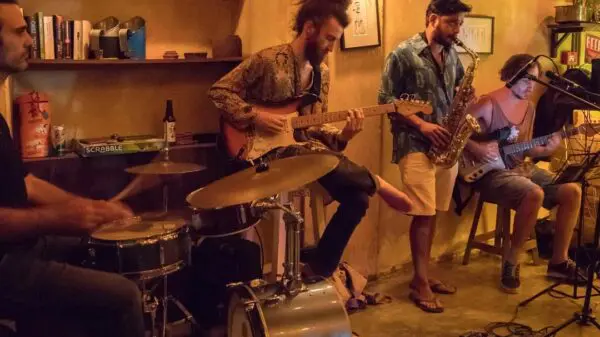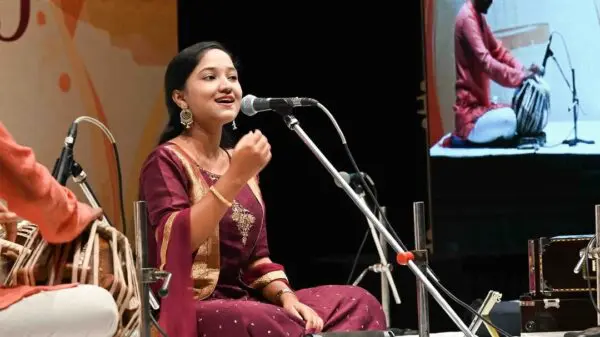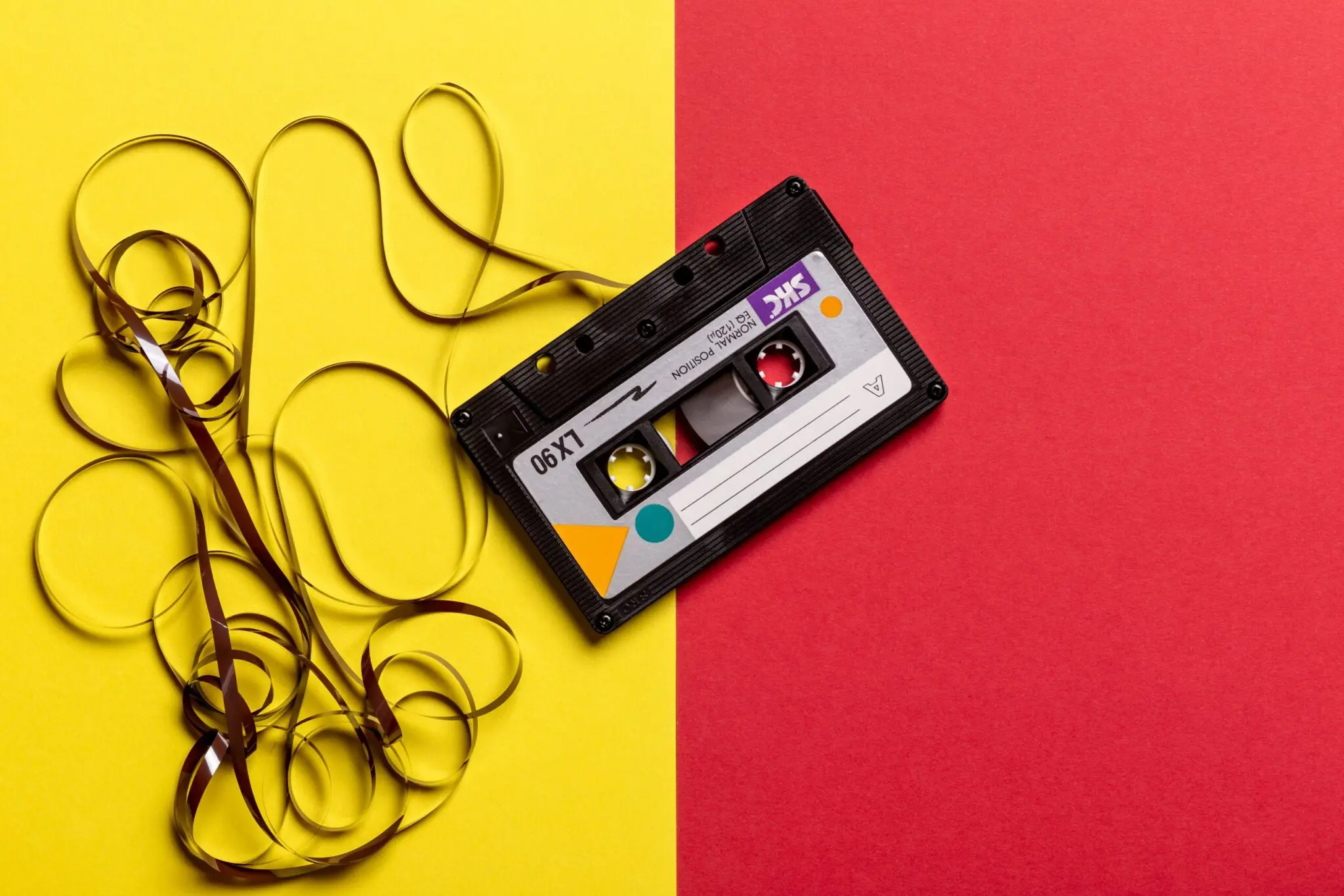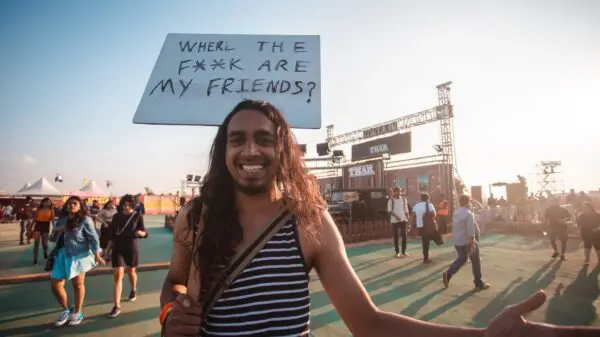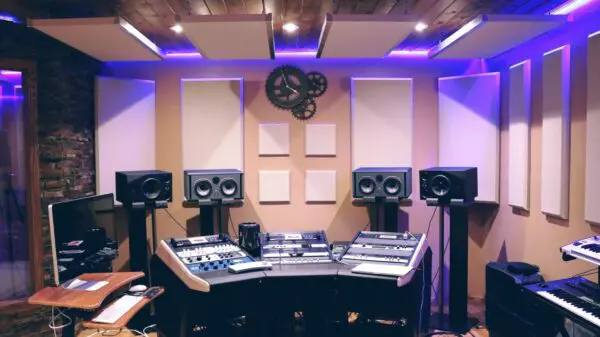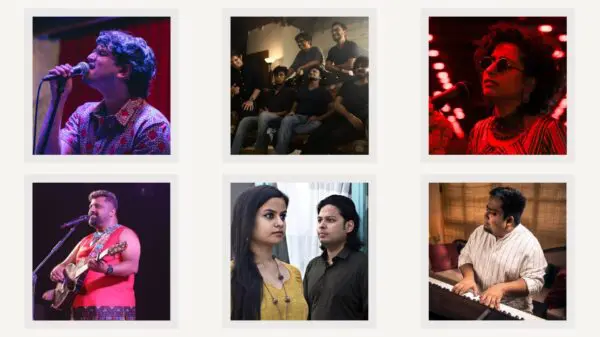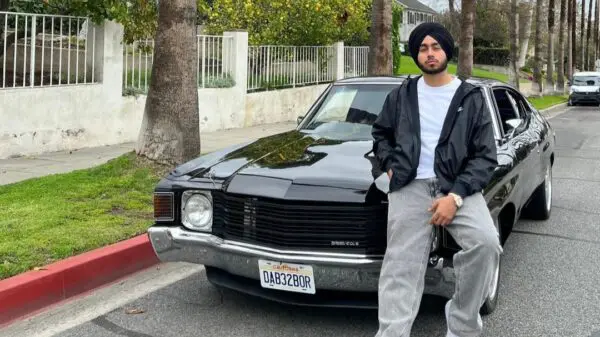By Sandhya Surendran. Counsel at Lexic, a legal consultancy for individuals and entities in the music, tech and media industries. Edited by Sandhya Surendran, Founder and Counsel at Lexic.
It wasn’t too long ago that a certain Mr. Dadlani growled online about people using his music without his permission and making successful remakes of his hit songs. He, however, received a lot of flak from followers who accused him of stealing tunes himself, which is technically a different issue from what he had raised. To give you more context: You can make a remake of Saki Saki without his permission, or merely refer to the original track in the description, where you haven’t claimed Saki Saki as your own original composition. As opposed to remaking Saki Saki and calling it Harakiri where it sounds exactly like the original, and then you also claim it be your own composition – that’s plain theft. Both are instances of copyright infringement but at different degrees.
Everyone knows theft or plagiarism is wrong and illegal, there’s no workaround for it, but how do you legitimately use someone else’s music to create more music without being sued? We thought we’ll help our musician friends understand that a little better.
As a music producer, it is important that you have clear title over your music. In today’s day and age, where sampling, remixes and covers are all the rage, it is crucial to understand the permissions required to use someone else’s work in your own to ensure that your final composition is not infringing the other person’s copyright.
{Infringement means violating someone’s right, in this context, using someone’s work without their permission for monetary purposes would be an infringement of their copyright}

Before we take a deep dive, there are two aspects of copyrights that will be a recurring theme in this article. The first being the concept of master and publishing rights in a song. Simply put, having the rights to a master of a song means owning all rights to the physical recording of the song, including the stems. Whereas, publishing rights indicates the ownership of the composition, melody and lyrics of the song. Typically, the label owns the master rights and the artist owns the publishing rights; however, a lot of indie artists today own both the master and publishing rights, because they have done it DIY by just using a distributor like CdBaby, TuneCore or Distrokid to upload, publish and distribute their music.
The second concept is that of ‘derivative works’: a derivative work is a new piece of work that is composed based on an existing work e.g. remixes, remakes and songs that use samples from another original work. Essentially, producing a new track using an old one, or even a bit from it, is a derivative work – including translations. Covers are NOT derivative works.
Samples/ Remixes/ Remakes
Let’s say you’ve used a sample from a Bruno Mars song in your new banging track. It is 10 seconds long and you’ve added layers to it, with vocals and a kick-ass bassline. You have not taken permission for it from either the label or Mr. Mars himself, and you have released it as a new “original” track where it is available on all platforms to be streamed or bought/ downloaded. Would this be infringing?
The answer is yes.
Busting a few myths before we go on: the 15 second rule is one. The length of the sample has no relevance to whether it is infringing or not. If you are using someone else’s work in your own, you need permission and definitely need to credit the original author too.
An example of sampling gone wrong (and our favorite one!) is of poor Vanilla Ice, who used the opening bassline from Queen’s Under Pressure in his track Ice Ice Baby and lost all his royalties for eternity to Queen, because neither had he taken permission nor had he credited them for it. Remember that crediting the original artist is a mitigating factor but certainly does not absolve you from having used their work without permission. If it does go to court, and if you’ve made money off that song, be prepared to lose all of it. Those are heavy “ifs” and we will discuss that too, but for now what you need to know is: don’t use someone else’s work without permission and crediting them. Imagine if someone did that to you and made money, or worse, a LOT of money?

The case with remixes and remakes is the same. You need to take permission from both the artist and the label to either remix or remake the song, because it implies use of the original sound recording and the composition too. Any remix that says “Official Remix” is exactly that – either the artist or the label has approached a producer to make an official remix of a track. In such an instance, the producer is not required to take any further permissions, as he/ she has been approached by the original artist itself. Official remixes and remakes allow the producers to retain royalties generated from them, as they have created a derivative work from the original song, that has its own copyright. Remember this applies ONLY if all permissions are in place. So, if you have received the green signal to remix or remake a song from the proper channels, you are entitled to royalties generated from that remix or remake.
However, you must have seen several “Bootleg Remixes” of songs on the internet, by some big producers too. Typically, these bootleg remixes will not available to stream or download, and even if they are, the original artist can flag them as infringing, and have it taken down; given that no formal permissions have been granted to do the same. A DJ remixing music live at an event does not have to worry about these permissions, unless he or she plans to record that live session and upload it to be streamed or bought online. In which case, these permissions would definitely apply. The premise for all of this is the same: take permission and give credit if you want to use someone else’s work and make money off it, regardless of how little of it you have used.
Covers, YouTube & Fans
As mentioned earlier, covers are not derivative works. Hence, legally speaking, you need only take the artist’s permission to make a cover of their song. I can hear a collective “but all those covers on YouTube” come at me, so I will explain myself: yes, those are all unauthorized covers and the artists can flag them as infringing. However, the chances of that happening are rare, because no artist wants to pull down a cover of a song that is clearly being performed by someone who is a fan. Why else would you make a cover, if you didn’t like the original in the first place?

How Deep is Your Love by the Bee Gees, saw some notable covers of the song being made, including the Grammy winning cover by PJ Morton. The video is still on YouTube and the song is available for purchase and streaming; which begs the question – when does it then actually count as infringement?
YouTube has a fairly elaborate mechanism that tracks infringement, via their Content ID system, which also allows large publishers to make money off videos that use content that were originally published on their channels. In fact, these large publishers who have significant subscribers have agreements with YouTube to this effect. For example, T-Series makes money off the covers of Tum Hi Ho from Aashiqui 2, which means when you upload a cover of the song you will not be allowed to turn on monetization for it. If you’re familiar with the workings of YouTube and want to understand this better, click here to know more about Content ID.
Public Domain Music
Music that falls in the public domain don’t need permission to be used. Folks songs, classical music, or songs that are past the copyright protection term (past 60 years from the death of the original composer AND past 60 years from the date it was originally published by the record label) fall in public domain. We would like to point out here how record labels release “remastered” versions of music that fall or are about to fall in public domain, so they can retain or acquire master rights to the songs and therefore continue to generate royalties from owning the new mastered versions. The term for copyright would then be applicable from the date the new mastered versions are released. The compositions, however, would remain in public domain. So, you are free to render your own version of the composition but will not be able to use the new sound recording without permission.
Consequences & Reality
Technically and legally speaking, if you’ve not taken all these permissions, you can be sued and have your work taken off all platforms, and if you’ve made money off it – lose all that money and any future revenue from that song too. But then almost every musician should be sued, right? You’d be surprised at the number of big musicians who have been sued for using music without the right permissions. But that said, the sheer volume of music out there and the inability to track who is doing what with whose music is probably one of the biggest factors influencing the low rate of lawsuits. Ultimately, the odds of an artist being sued for an infringing song are proportional to the popularity of that song.

It has to be added here that there have been some remixes, perhaps even more popular than the original, that haven’t been sued: because in addition to the commercial success of the song, the enforcement of a copyright lies at the behest of the copyright holder. If the artist and/ or the label doesn’t care, then no court can hold you liable.
This is obviously a risky way to interpret this enormous grey area, because no self-respecting musician makes music to remain anonymous. On that note, we conclude with what are the only real exceptions to taking permission:
- If the song is in public domain – both masters and publishing
- Fair use: if you’re using the song for educational/ research purposes, reporting as news, political or social commentary or satire/ parody.
- If the song is available under a Creative Commons license: click here to know more about creative commons licensing.
If your work does not fall under any of the three categories mentioned above, we recommend you reach out to the artist and/ or their management and get the necessary permissions.
We have also discussed this topic on our podcast, Lex Talk Music, feel free to check out the episode on Samples, Remixes & Covers for more information. Got more questions? Mail us at [email protected]

